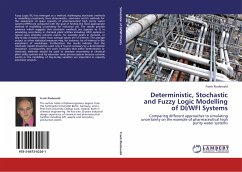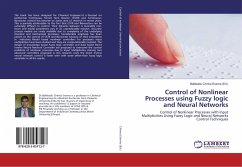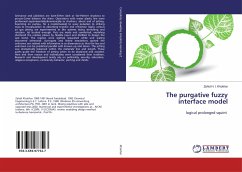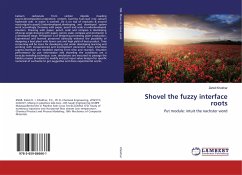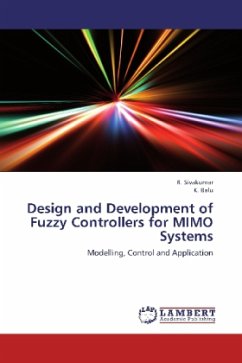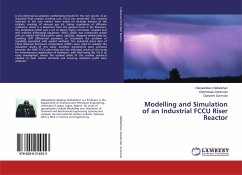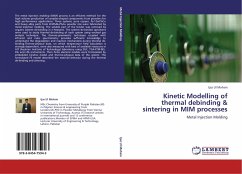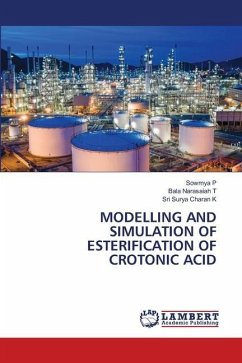Fuzzy Logic (FL) has emerged as a method challenging stochastic methods in modelling uncertainty. Here deterministic, stochastic and FL methods for the assessment of spare capacity of pharmaceutical high purity water systems (HPW) are compared with the goal of finding the most appropriate method of modelling uncertainty for industrial use. The results provide evidence which suggests that stochastic methods are superior to FL in simulating uncertainty in chemical plant utilities including HPW systems in typical cases whereby extreme events, for example peaks in demand, or day-to-day variation rather than average values are of interest. The average output or other statistical measures may, for instance, be of interest in the assessment of workshops. Furthermore the results indicate that the stochastic model should be used only if found necessary by a deterministic simulation. Consequently, this work concludes that either deterministic or stochastic methods should be used to simulate uncertainty in chemical plant utility systems and by extension some process system because extreme events or the modelling of day-to-day variation are important in capacity extension projects.
Bitte wählen Sie Ihr Anliegen aus.
Rechnungen
Retourenschein anfordern
Bestellstatus
Storno

